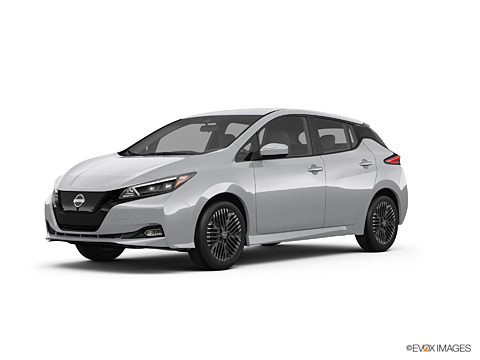
Most Reliable Used Sedans for 2025
These are the most reliable used sedans by price and budget based on a data-driven analysis of each vehicle's reliability and dependability.
Sedans continue to serve a wide variety of consumers looking for a fuel-efficient and comfortable car. They may not be as roomy as a crossover or offer six-passenger practicality, but for buyers seeking a smooth ride and sufficient front- and rear-seat legroom for four or fewer occupants, a sedan can accommodate these needs with a lower purchase price. And buyers using the iSeeCars reliability ratings below can identify the best used cars for a low-cost, trouble-free ownership experience.
Subcompact and compact cars and hatchbacks are the most affordable options for buyers on a budget. Beyond their high fuel economy and lower insurance rates, today’s entry-level vehicles include a surprising level of standard equipment and safety features, even on base trim levels. Most of these cars are powered by either three- or four-cylinder engines that may not offer sports car horsepower but are more than adequate for daily commuting needs. Popular examples include the Honda Civic, Kia Rio, Nissan Versa, and Toyota Corolla. Manual transmission fans can also find that feature on some of these models.
Midsize sedans like the Honda Accord, Mazda6, Toyota Camry, and Subaru Legacy are a step up in terms of size and powertrain performance, with V6 engine options and even all-wheel drive. American automakers have departed the midsize car segment, but browsing past model years in the used car market will reveal the Chevrolet Malibu and Ford Fusion.
If a midsize sedan still isn’t big enough, larger options include the Chevrolet Impala, Hyundai Azera, and Toyota Avalon. Large premium sedans, such as the Acura RL, Buick LaCrosse, and Lexus GS are also available, often with more standard features and larger infotainment touchscreens. But mpg figures will take a further hit due to the size and weight of these models.
The most fuel efficient sedans are hybrid cars like the Toyota Prius and Volkswagen Jetta, but buyers seeking to exit the world of gas-powered vehicles can also look at used electric cars. Electric vehicles require more careful planning for long-distance driving, but their electric motors provide instant torque that makes even turbocharged sedans feel slow while providing a quiet and smooth driving experience.
Consider all of these aspects, along with each model’s reliability rating as listed below, when researching your next used sedan.

How We Rank These Cars
The iSeeCars reliability ratings indicate how dependable and long-lasting each vehicle is within its vehicle segment.
Each vehicle is rated on a scale from 1 to 10 with 10 being the highest reliability rating. Vehicles within a given category are sorted to show the most reliable ones first. If two cars have the same ratings, then we break the tie by seeing which vehicle has the higher overall iSeeCars Score. Along with the Reliability ratings, we show comprehensive iSeeCars ratings for each model, because we believe multiple factors should be taken into account when buyers are seeking the best overall vehicle. Two of these factors are safety and resale value, both of which are included in our ratings system.
The overall iSeeCars Score is an analysis of these three factors: reliability, resale value and safety. It is calculated based on the latest research and analysis by our data science team. The data analysis comes from over 12 million new and used vehicles in our Longest-Lasting Cars and 5-Year Depreciation Studies, combined with NHTSA and IIHS Safety Ratings.
Vehicles are scored in three categories:

Reliability
The reliability score represents an analysis of iSeeCars' proprietary research on the longest-lasting vehicles.

Value Retention
The value retention score is based on our data science team's statistical analysis and prediction of 5-year depreciation from MSRP to determine which cars hold their value best, using US Bureau of Labor Statistics data to adjust for inflation.

Safety
The safety score is calculated based on the last five years of crash test ratings from the National Highway Traffic Safety Administration (NHTSA) and incorporates the latest Top Safety Pick information from the Insurance Institute for Highway Safety (IIHS).



























